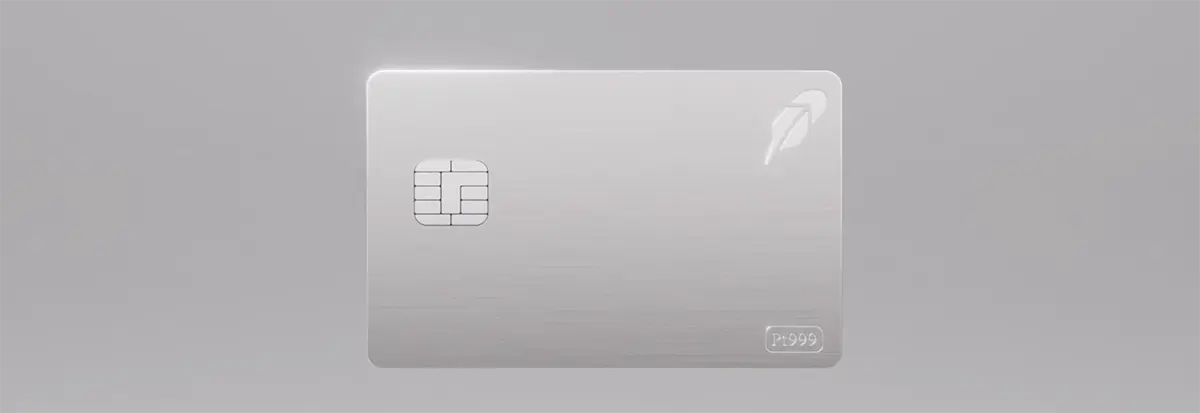
Kudos has partnered with CardRatings and Red Ventures for our coverage of credit card products. Kudos, CardRatings, and Red Ventures may receive a commission from card issuers. Kudos may receive commission from card issuers. Some of the card offers that appear on Kudos are from advertisers and may impact how and where card products appear on the site. Kudos tries to include as many card companies and offers as we are aware of, including offers from issuers that don't pay us, but we may not cover all card companies or all available card offers. You don't have to use our links, but we're grateful when you do!
Does a Repo Affect Your Credit Score?
July 1, 2025


Quick Answers
A vehicle repossession is recorded as a serious delinquency on your credit report, significantly impacting your financial standing.
This negative mark can lower your credit score substantially, potentially by over 100 points, affecting your ability to secure future loans.
The repossession remains on your credit report for seven years, though its negative effect will diminish over time with a consistent, positive credit history.
What Is a Repository?
A repossession, or "repo," is the legal process through which a lender reclaims an asset that was used as collateral for a loan. This occurs when a borrower defaults on their payment obligations as outlined in the loan agreement. While cars are the most common items repossessed, any property securing a loan can be taken back by the creditor.
The event is recorded on your credit report, where it has a significant negative impact on your credit score. Lenders view a repossession as a serious failure to manage debt, which can make obtaining future credit more difficult. This negative mark will typically stay on your credit history for up to seven years.
How a Repossession Could Affect Your Credit Score
A vehicle repossession can significantly damage your credit score, creating a long-lasting negative mark. The impact unfolds in several stages, from the initial missed payments to the final resolution of the debt.
- Missed Payments: The process starts before the repossession. Each loan payment that is 30 or more days late can be reported to the credit bureaus, causing an initial drop in your score.
- Loan Default: After several consecutive missed payments, your lender will likely declare the loan in default. This is a serious delinquency that is recorded on your credit report and significantly harms your score.
- The Repossession Mark: The repossession itself is a major derogatory event that is added to your credit history. It signals to future lenders a failure to repay a secured loan and remains on your report for up to seven years.
- Deficiency Balance and Collections: After selling the asset, if the amount doesn't cover your remaining loan balance, you owe a "deficiency balance." This debt is often sold to a collection agency, resulting in a separate collection account on your credit report.
How Much Will a Repo Affect Your Credit Score?
The exact number of points your credit score will drop after a repossession varies, as several key factors determine the severity of the impact.
- Your initial credit score. A higher starting score typically sees a more significant point drop from a major negative event. Someone with a lower score may experience a less dramatic, but still damaging, decrease.
- Your overall credit history. A repossession on an otherwise clean credit report will have a substantial impact. Its effect might be less pronounced if your report already contains other negative marks.
- The scoring model used. Different credit scoring models weigh negative information differently. The exact point drop can vary depending on which model a lender uses to check your credit.
How You Can Avoid a Repo Affecting Your Credit Score
Reinstate Your Loan
If you have fallen behind on payments, you may be able to reinstate your loan. This usually involves paying all past-due amounts, including any late fees. Contact your lender immediately to explore this option and stop the repossession from moving forward and hurting your credit.
Sell the Vehicle
Consider selling the car yourself before the lender takes it. If you can sell it for enough to cover the remaining loan balance, you can pay off the debt entirely. This proactive step helps you avoid the repossession and its negative impact on your credit report.
Redeem the Vehicle
Even after a repossession, you typically have the right to redeem the vehicle. This means paying the entire loan balance plus any repossession costs. Doing so prevents a deficiency balance from being sold to a collection agency, which would cause further credit damage.
Ways to Improve Your Credit Score
Improving your credit score is an achievable goal that relies on consistent, positive financial behavior. According to an expert guide for 2025, taking specific, strategic actions can lead to meaningful changes in your score, often within three to six months.
- Monitor your credit reports. Regularly obtain your free reports from the major bureaus to identify and dispute any inaccuracies that could be hurting your score.
- Establish automatic bill payments. Your payment history is the most significant factor in your score, and setting up automatic payments ensures you never miss a due date.
- Reduce your credit utilization ratio. Aim to keep your credit card balances below 30% of your total available credit to show lenders you aren't overextended.
- Become an authorized user. You can get added to someone else's credit card that has a strong payment history and low utilization to benefit their good credit habits.
- Diversify your credit mix. Having a healthy mix of credit types, such as installment loans and revolving credit, demonstrates that you can manage different kinds of debt.
- Limit hard inquiries. Space out your applications for new credit, as too many in a short period can temporarily lower your score.
The Bottom Line
A car repossession will negatively impact your credit score. This mark remains on your credit report for up to seven years, affecting your ability to get future credit approvals.
Frequently Asked Questions
How long does a repossession stay on your credit report?
A repossession remains on your credit report for seven years from the date of the first missed payment that led to the default on the loan.
Can I get another car loan after a repossession?
Yes, but it can be difficult. Lenders may view you as a higher risk, which often leads to higher interest rates or larger down payment requirements.
Does a voluntary repossession hurt my credit less?
A voluntary repossession still negatively impacts your credit score. While it may look slightly better to some lenders, it is recorded as a repossession on your report.
Unlock your extra benefits when you become a Kudos member

Turn your online shopping into even more rewards

Join over 400,000 members simplifying their finances

Editorial Disclosure: Opinions expressed here are those of Kudos alone, not those of any bank, credit card issuer, hotel, airline, or other entity. This content has not been reviewed, approved or otherwise endorsed by any of the entities included within the post.



































.webp)







